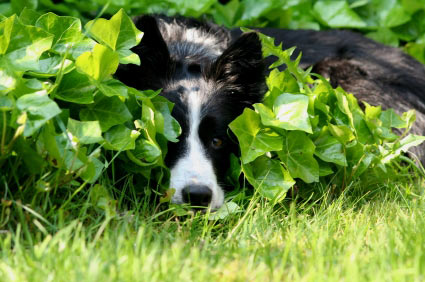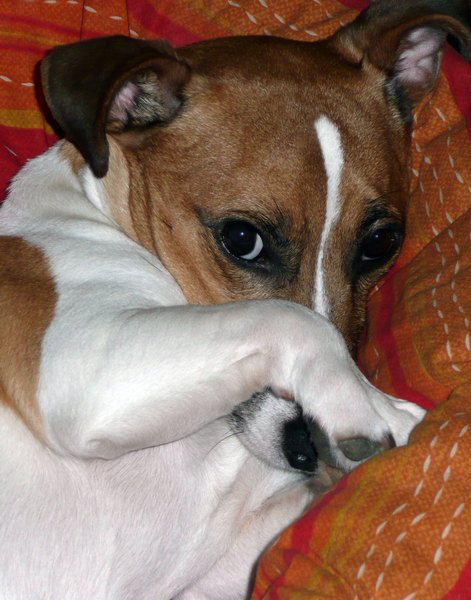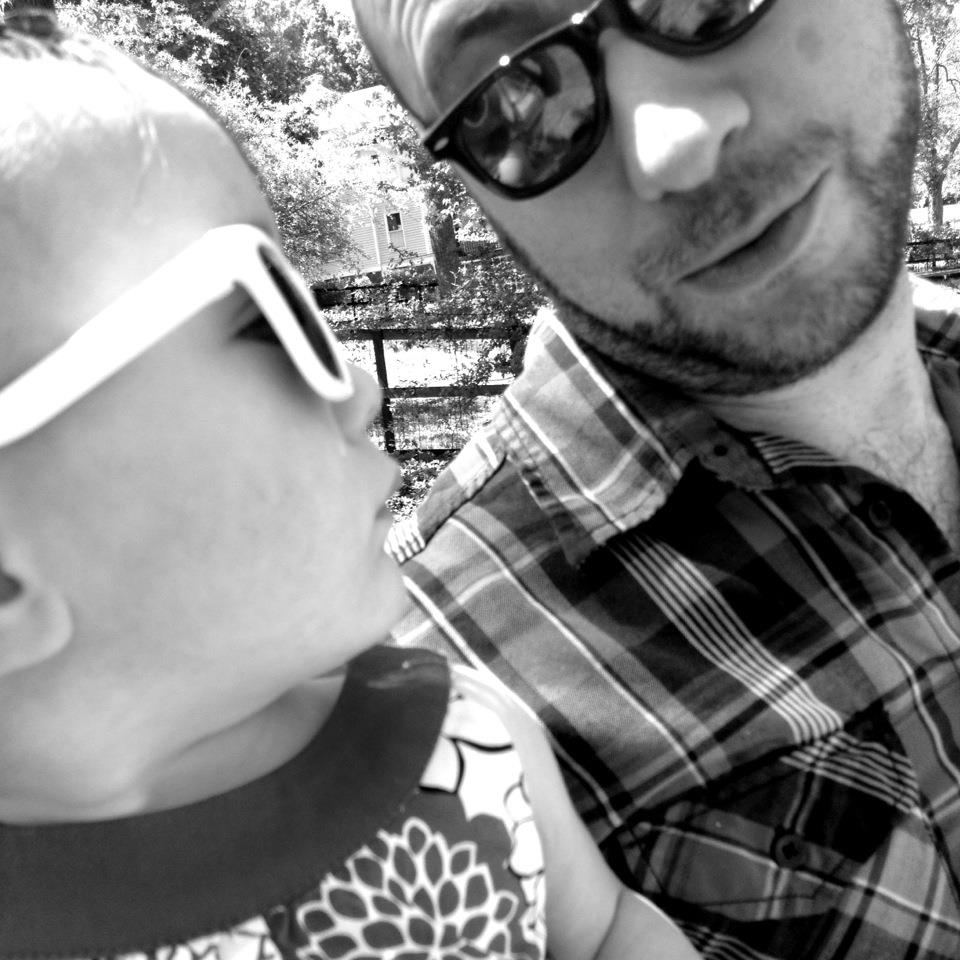
Like their human counter-parts, dogs each have their own personality and level of socialization. Some dogs can be shy or timid around anyone or anything they are not familiar with on a day to day basis while others run full-force into any social situation and remain as happy as can be. For those pets that do not do as well around an unfamiliar environment or other dogs, a little bit of socialization training may be in order to help them live a more active and happy life outside of their home. Socializing a dog is not really a difficult process but it does involve a few practices that can make it less tedious and frustrating.
Can you prevent a timid pup?
Early socialization in a puppy’s life can help ease problems with interaction later on in their development. It is certainly easier to train a dog from birth to fit in well around other animals and humans than to later correct a socialization problem once the dog has reached maturity and it set in its ways. Socializing a dog from an early age by introducing them to a variety of new and different people and places at regular intervals can help avoid behavioral problems like aggression and fearfulness as they grow older. It is a good rule of thumb to begin socializing your puppy after they have had all their early vaccinations. This can be as simple as taking your puppy for walks in different areas, instead of sticking to the same stretch of road, and slowly acclimating them to other friendly dogs and humans.
Another helpful activity is to switch up your puppy’s environment whenever possible. If they are used to a quite rural life then it will help their versatility to be taken on a brief outing into a more crowded urban environment. If you puppy is used to the hustle and bustle of city life then a ride out to the county may be in order to give them exposure to a new and varied area.
What can I do about socializing an older dog?
If a preventative approach is no longer an option and you have an older dog who is experiencing problems with socialization and new environments, there are still some things you can do to gradually work on their social skills. You may have to offer new people who meet your dog a few words of wisdom in order to ease your dog’s shyness. Here are a few good rules to keep in mind:
- New people should avoid any sudden movements or reaching out for the pet. This will only increase the dog’s anxiety and might cause a defensive reaction.
- When introducing a new person to your pal explain that they should remain calm and still and avoid direct eye contact while waiting for the dog to come to them.
- Never force or urge a dog to make contact with a new person that he might be afraid of.
- Suggest that the new person slightly extend their hand with a treat to aid the dog in gaining confidence.
- Avoid coddling the dog if they are still shy or fearful.
- Once the dog shows signs of accepting or being comfortable around the new person then allow the newcomer to slowly pet the dog under the chin.
These suggestions can be followed time and time again with new people who are being introduced to your dog. Eventually your dog will become less and less frightened by new people and will rely on their trust for you to determine who is a friend.
What about socialization with other dogs?
If your pet is showing signs of being frightened or intimidated by other dogs or animals then it is very important to gradually work with them on eliminating this fear. Of course there will always be instances where they should be frightened or defensive but it is our job as owners to teach them the difference between a truly threatening situation and a friendly playful one.
You can start by slowly introducing your dog to a variety of friendly and calm dogs that are of a similar size, one at a time. As your pet becomes more and more acclimated to these situations you can work on socializing with more active and differently sized animals in groups. It is also recommended that you try to take account of how your puppy acts in each different meeting. You can tell a lot about how they feel about the situation but their body language.
Another good option is to find a local “puppy play group” that is well supervised and discourages intimidation between playmates and keep an eye out for overly aggressive interation. Matching dogs by their age and body size can help cut down on instances of shyness and improve the overall socialization of each member.
 |
Socializing a dog is really all about becoming familiar with your much loved companion and really getting to know what causes them to react with shyness or defense in a friendly situation. If you are dedicated and willing to spend a little time and patience on re-enforcing the positive aspects of socialization then you can help your dog with their fears and help them to be more active in social instances and not have behavioral problems when meeting new people in new environments. |
| Russ Barker is a fairly social person who rarely shies away from new people or new places, which makes him a pretty good candidate to help you in the task of socializing a dog. Russ is a powerhouse of personality at Dog Tag Art, a company who specializes in personalized pet ID tags that are sure to be in sync with your pet's own personality. Featuring hundreds of colorful designs to choose from and the option to use your favorite photo and create your own custom dog tags, Dog Tag Art offers pet lovers a fun and stylish alternative to the standard boring metal ID tags that have been around since Disco. |  |

